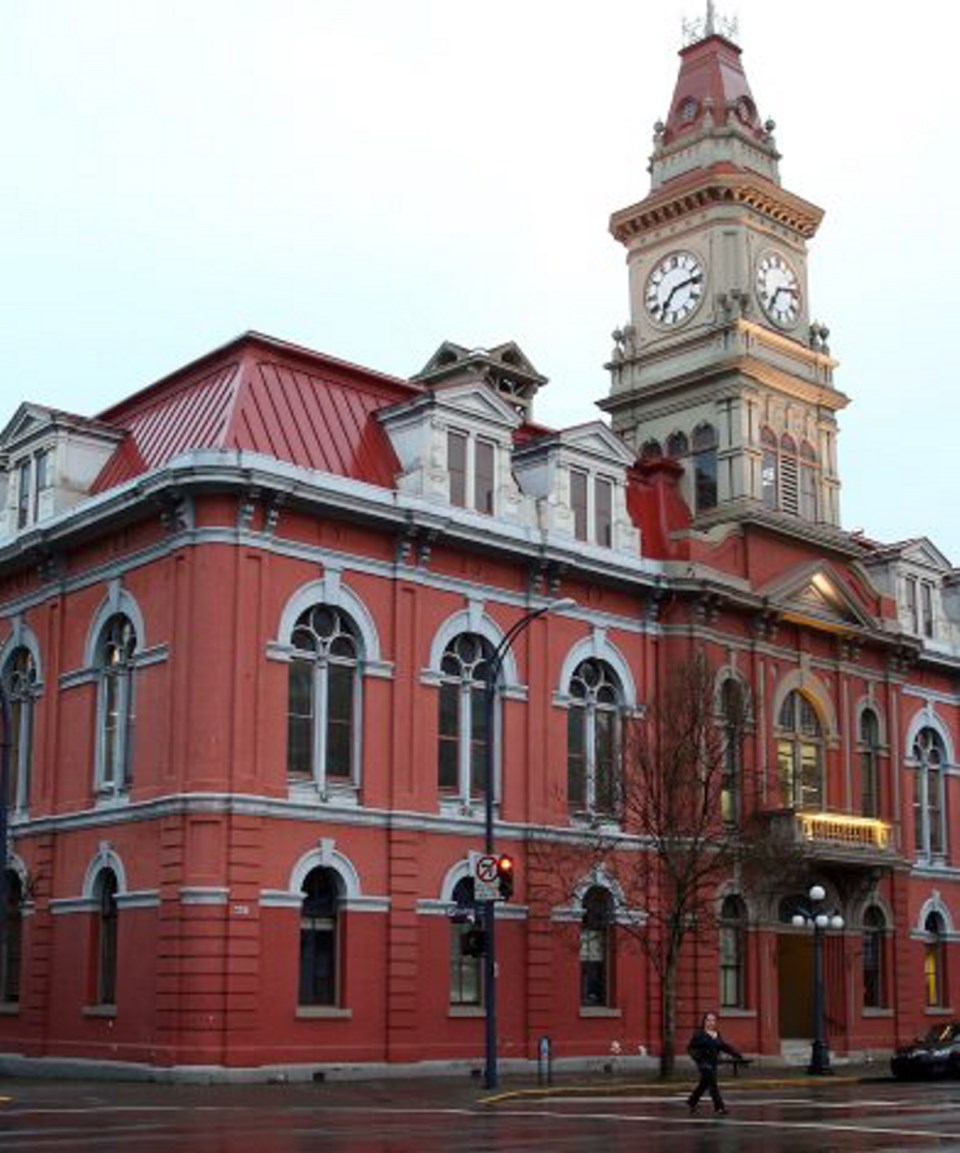Reducing apartment parking requirements and eliminating minimum apartment sizes are two of several measures being recommended to promote construction of more affordable housing in Victoria.
The recommendations come from Mayor Lisa Helps’ Task Force on Housing Affordability, struck in April and composed of elected officials, housing advocates, policy experts and members of the development community.
“There’s nothing radical here but taken as a suite — in its entirety — if every single one of these recommendations is implemented over the next three years, we will see substantially more workforce housing in the city,” Helps said Monday.
Helps said parking requirements for multiple-unit buildings are under review by city staff anyway. The existing standard calls for more than one parking space per residential unit, she said.
“Really we’re trying to build a city in the 21st century, where cars are not king.
“Every single time we’re asked to approve a larger-scale development, particularly if it’s rental but even if it is not, we’re asked to lower the parking requirements.”
The task force was asked to look for solutions that could help increase units of low-cost housing, defined as a unit that a person living on either minimum wage or a pension could afford.
Its report makes recommendations to be implemented over the next three years.
Recommendations for 2016 include:
• Minimizing or prorating municipal fees for smaller projects and lower-priced housing, or exempting such projects from traffic studies, certain design requirements (such as elevators) and development fees.
• Updating the zoning bylaw to reflect increased density as envisioned in the Official Community Plan and Downtown Core Area Plan.
• Implementing zoning that could require 10 to 20 per cent of new housing units to be sold or rented below market price or that developers contribute to an affordable-housing fund.
• Creating an inventory of public and privately held land that could be used for infill housing.
• Review the housing reserve fund to determine whether there is a need to increase the $10,000-per-unit limit for affordable housing and consider introducing a per-bedroom allocation to encourage development of large housing units.
• Look at alternate funding mechanisms for the housing reserve.
• Provide tax exemptions to charitable, philanthropic and non-profit organizations that own or build affordable housing in the city.
• Waive development cost charges for affordable-housing projects.
• Remove the minimum unit-size requirement for multi-unit residential zones.
• Reduce off-street parking requirements on certain housing types.
• Allow garden suites on properties with secondary suites.
The recommendations are to go to councillors this week.
It’s estimated that an average of 485 new housing units will have to be built every year to accommodate the projected 20,000 new residents Victoria is expecting by 2041.



